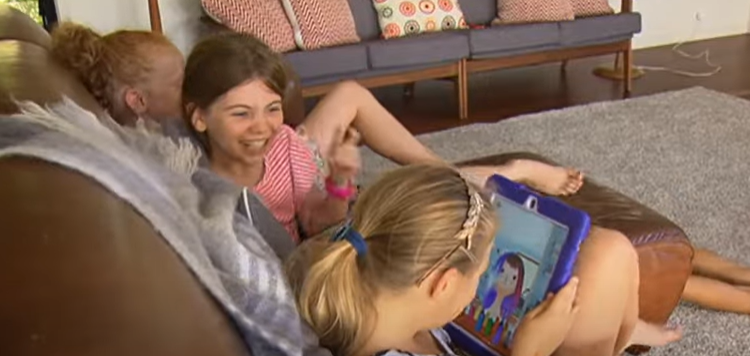Researchers at the C.S. Mott Children’s Hospital say nearly one in five American parents are worried that their children have no friends or very few of them. These Gen Alpha kids are just not interacting in a meaningful way with their peers and naturally bonding to make friends, the Daily Mail reported. Is it heightened shyness or the isolation that results from overexposure to social media—even at that tender age?
The researchers also flagged the political polarization in America that is even affecting children because of divisions created and sustained by their parents. Hospital researcher Sarah Clark says this is all a health and wellness problem because friendships are good for children and enhance their “health and development, emotional well-being, self-esteem and social skills.” Without that fellowship, children can ultimately be left “’isolated and lonely, which impacts their quality of life and mental health,” she notes.
Biden-Harris Surgeon General Dr. Vivek Murthy has discussed the current needs of parents and has even suggested that parenting today can be bad for your health given current problems that Murthy doesn’t believe were present in ages past.
The parents of Gen Alpha children, who were born between 2010 and 2024, apparently agree. Some share their concerns over social media, saying their kids are isolating, constantly staring at their smartphones or playing video games, the Mail noted. In a TikTok discussion group, moms and dads share their “social anxiety” over the friendships their children aren’t cultivating and how they believe it is much more difficult to make friends in this era.
“I have two kids, and they have no friends,” one father posted, according to the Mail. “Kids today grew up differently. We had to socialize, we had to talk to people, we had to go find our own adventures and misadventures. Socialization changed.”
For the hospital study, Ipsos talked to 1,031 American parents who have at least one child aged 6-12. Some 19 percent of parents said their child was friendless or didn’t have a lot of classmates and 90 percent said it was their desire to help their child or children to find more friendship.
More than half of the parents identified a specific problem that prevented their child from making more friends: it could be shyness, a physical or mental disability or simply because they lacked the time and opportunities to meet other children. Nearly 75 percent said they are actively working to help their children find friends by encouraging them to meet other kids their own age or arranging social opportunities.
The researchers were especially critical of the effect of political polarization and “the culture wars” on the lives of children. Nearly two-thirds of respondents to the survey said they want their children to make friends with children who come from similar families sharing related political ideology and religious beliefs.
The researchers did not approve of this thinking and advised that “parents should be cautious about this approach. Limiting a child’s friends to only those from similar backgrounds may hamper the child’s ability and comfort in navigating diverse networks and working with a broad group of peers in the future.”
Content retrieved from: https://thepostmillennial.com/gen-alpha-kids-are-lonely-and-lacking-friends-and-heres-why.



